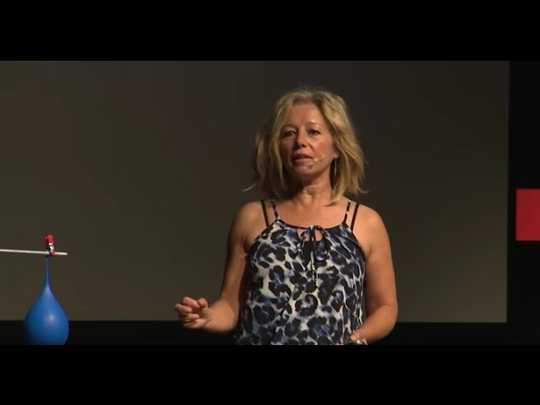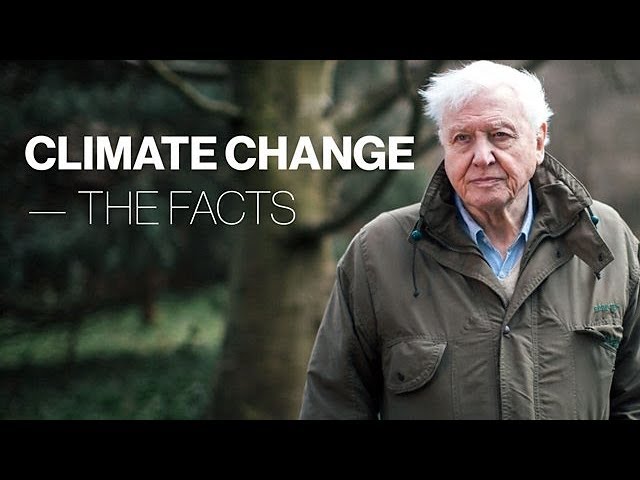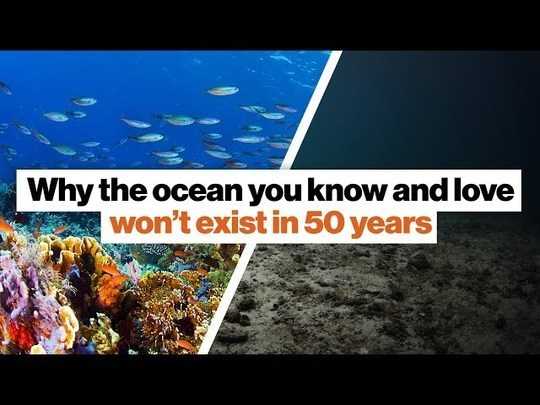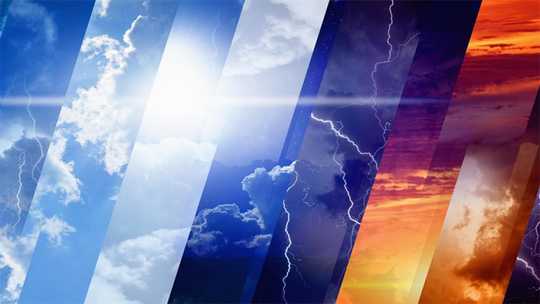
Climate researchers can now detect the fingerprint of global warming in daily weather observations at the global scale.
- By Bobby Duffy
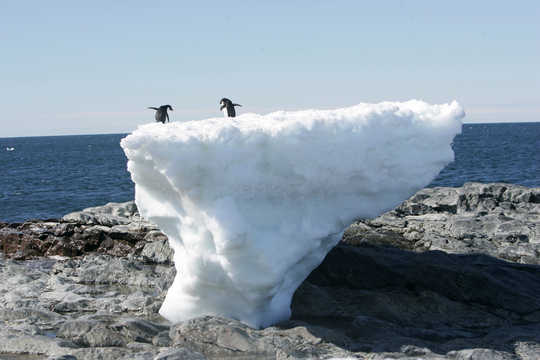 The world is often better and getting better than people think. Murder rates, deaths from terrorism and extreme poverty are all down.
The world is often better and getting better than people think. Murder rates, deaths from terrorism and extreme poverty are all down.

One word is rarely spoken or printed in science and that word is “proof”. In fact, science has little to do with “proving” anything.
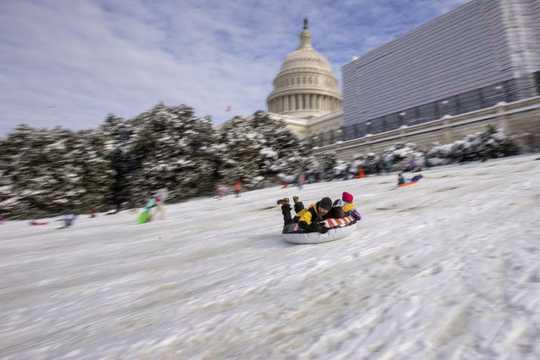
When January 2019 entered its third week, huge swathes of the US were blanketed with snow, and winter storm warnings were in place across several states.

The livability of planets is most likely dependent on an atmosphere of a fine balance of heat trapping greenhouse gasses.
- By U. Arizona
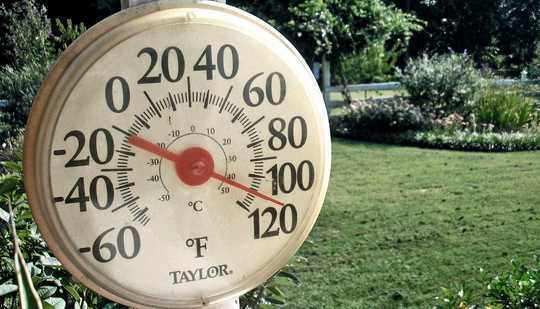
The Pliocene, a geological epoch between two and five million years ago with CO2 levels similar to today, is a good analog for future climate predictions, according to a new study.
- By Nancy Fresco
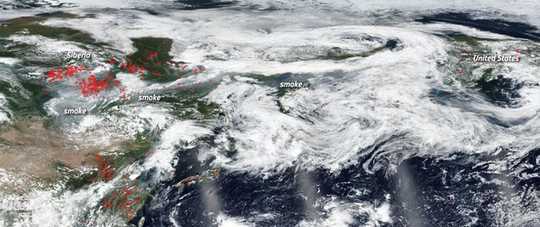
The planet’s far North is burning. This summer, over 600 wildfires have consumed more than 2.4 million acres of forest across Alaska.

Scientists have been making projections of future global warming using climate models of increasing complexity for the past four decades.
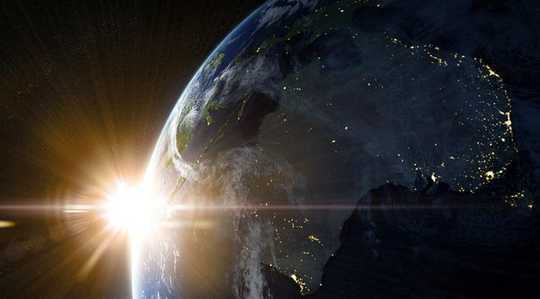
The Australian continent has a remarkable history — a story of isolation, desiccation and resilience on an ark at the edge of the world.
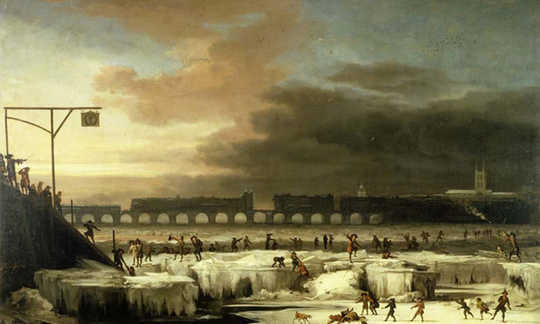
Many of us think that rapid environmental change is a quintessentially modern crisis.
- By Peter Rüegg
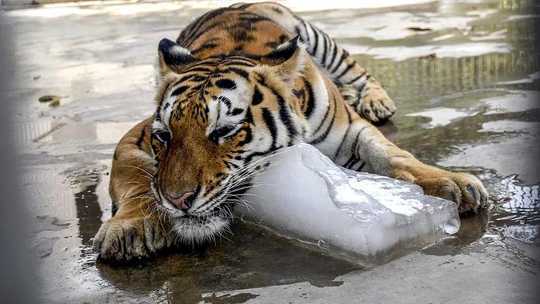
The only explanation for why heat waves affected so many areas over several months last summer is climate change, according to new research.
- By Ryan Weber
 The year 2018 brought particularly devastating natural disasters, including hurricanes, droughts, floods and fires – just the kinds of extreme weather events scientists predict will be exacerbated by climate change.
The year 2018 brought particularly devastating natural disasters, including hurricanes, droughts, floods and fires – just the kinds of extreme weather events scientists predict will be exacerbated by climate change.
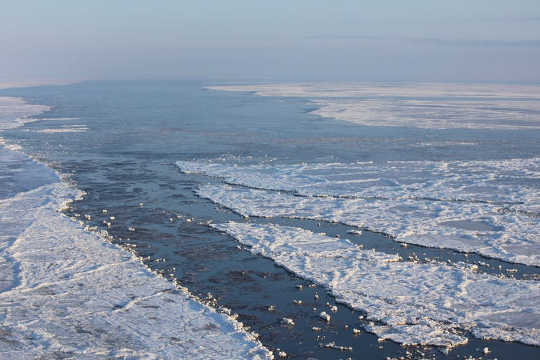
The cold, remote Arctic Ocean and its surrounding marginal seas have experienced climate change at a rate not seen at lower latitudes. Warming air, land and sea temperatures, and large declines in seasonal Arctic sea ice cover are all symptoms of the changing Arctic climate. Although these changes are occurring in relatively remote locations, there is growing evidence to link Arctic sea ice retreat to increasingly erratic weather patterns over the northern hemisphere.

New research that combines satellite data with on-the-ground measurements, suggests that as global temperatures rise, spring in the Northeastern United States is starting earlier.
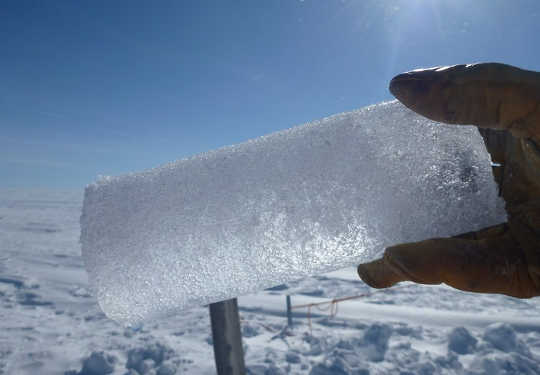 There are those who say the climate has always changed, and that carbon dioxide levels have always fluctuated.
There are those who say the climate has always changed, and that carbon dioxide levels have always fluctuated.
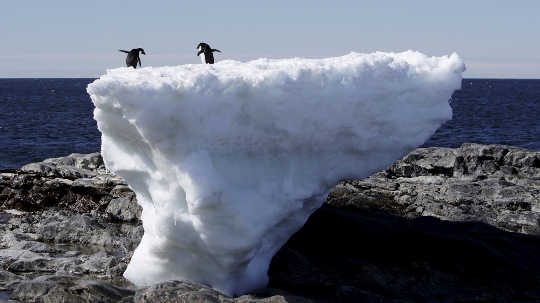 Scientists studying climate change have long debated exactly how much hotter Earth will become given certain amounts of greenhouse gas emissions.
Scientists studying climate change have long debated exactly how much hotter Earth will become given certain amounts of greenhouse gas emissions.
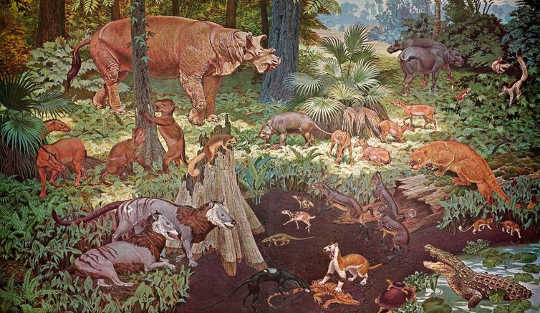
Carbon dioxide concentrations are heading towards values not seen in the past 200m years. The sun has also been gradually getting stronger over time.
 Much like ExxonMobil, Shell lobbied against climate legislation and invested billions in fossil fuels despite knowing dangers of global warming
Much like ExxonMobil, Shell lobbied against climate legislation and invested billions in fossil fuels despite knowing dangers of global warming


